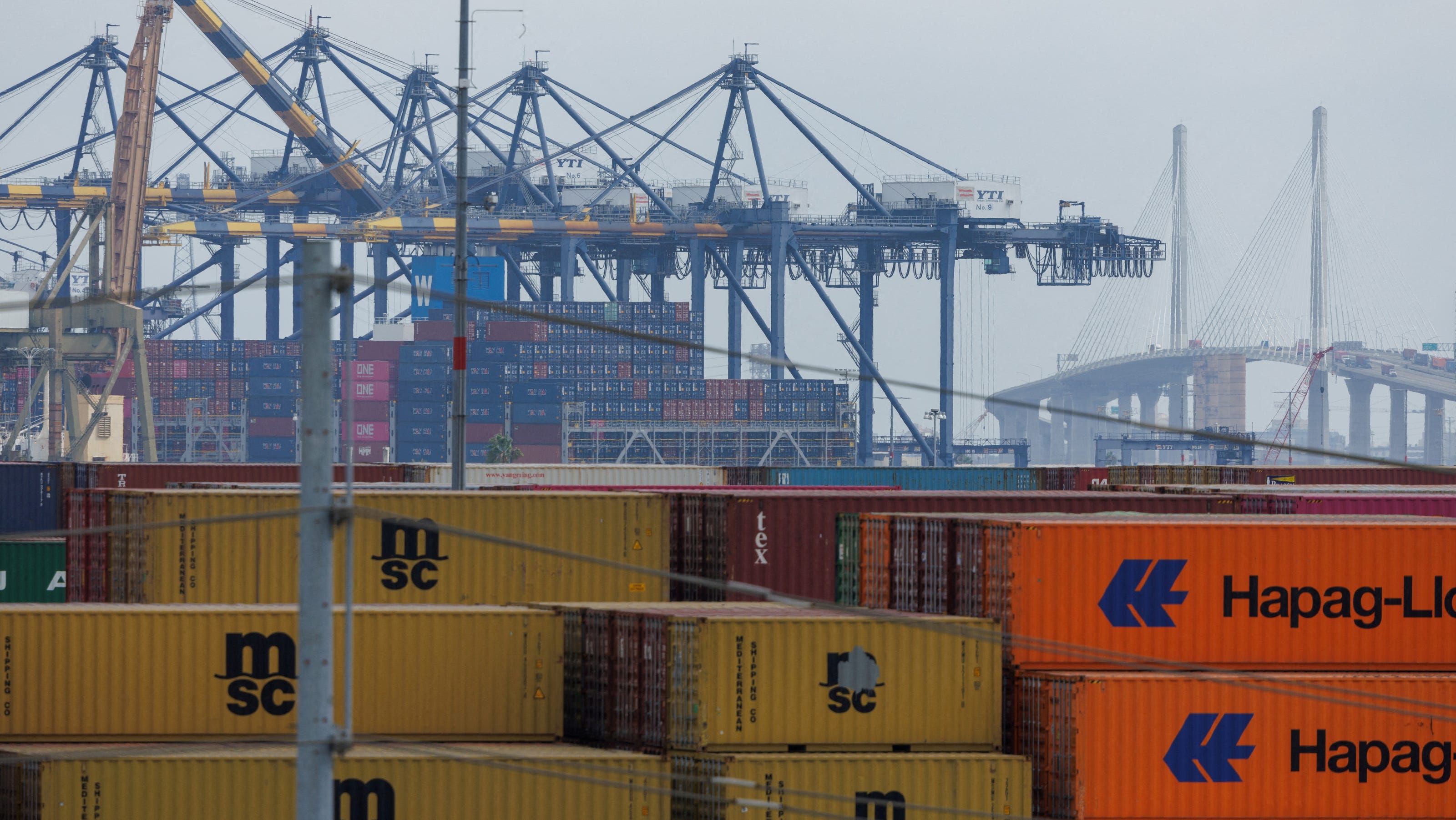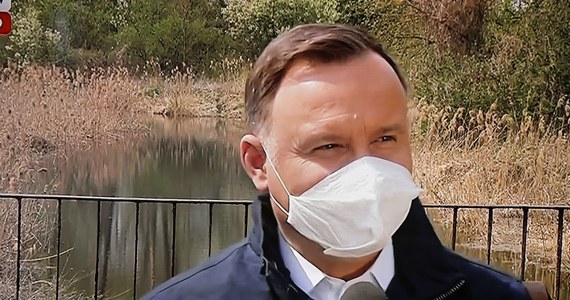The Netherlands And The Trump Tariffs: A Preference For No Retaliation

Table of Contents
Economic Interdependence and the Dutch Approach
The Netherlands and the US share incredibly strong economic ties. This deep interdependence significantly influenced the Dutch response to the Trump tariffs. The Dutch economy is heavily reliant on US markets for a variety of goods and services, making direct retaliation a risky proposition.
- Significant Dutch exports to the US: Agricultural products like flowers and horticultural goods, as well as machinery and high-tech equipment, represent substantial exports to the US market. Disrupting this trade flow through retaliatory tariffs would have been economically devastating.
- High level of US foreign direct investment in the Netherlands: The Netherlands is a major hub for US companies in Europe, benefiting from substantial foreign direct investment. Retaliation risked jeopardizing this crucial investment.
- Importance of transatlantic trade for Dutch GDP: Transatlantic trade makes a significant contribution to the Netherlands' gross domestic product (GDP). Any disruption to this trade flow would have had a noticeable negative impact on the Dutch economy.
Direct retaliation was deemed economically damaging due to the potential for significant job losses and reduced economic growth. The Dutch government prioritized maintaining its vital trading relationship with the US, even in the face of imposed tariffs. The potential losses from a trade war significantly outweighed the potential gains from retaliatory measures.
Political Considerations and EU Alignment
The Netherlands' position within the European Union (EU) played a crucial role in shaping its response to the Trump tariffs. The EU adopted a unified approach, aiming to present a united front against US protectionism. This collective strategy influenced the Dutch government's decision to avoid unilateral action.
- Importance of coordinated EU response to avoid trade wars: A coordinated response minimized the risk of escalating trade tensions and potentially triggering a full-blown trade war. The Netherlands prioritized maintaining EU unity and coherence.
- The Netherlands' commitment to multilateral trade agreements: The Netherlands has historically been a strong advocate for multilateral trade agreements and the rules-based international trading system. Unilateral retaliation would have undermined this commitment.
- Potential political ramifications of unilateral action outside the EU framework: Acting independently of the EU would have created political complexities and potentially weakened the bloc’s negotiating position in future trade negotiations.
The political pressure to avoid escalating trade tensions with the US, both at the EU and national levels, was substantial. Maintaining a stable and predictable trade environment was prioritized over immediate retaliatory measures.
The Impact of No Retaliation on the Dutch Economy
The Dutch non-retaliatory stance did have economic consequences, although the impact was less severe than many initially predicted. The short-term effects included challenges for specific sectors affected by the tariffs, while the long-term implications required careful management and strategic adaptation.
- Analysis of specific sectors affected by the tariffs: Sectors like agriculture and manufacturing experienced some challenges. However, the impact was mitigated by the government's support measures and the resilience of the Dutch economy.
- Discussion of any government support measures implemented: The Dutch government introduced various support measures, including financial aid and assistance programs, to help affected businesses adapt. These measures aimed to soften the blow of the tariffs.
- Assessment of the overall economic impact compared to potential retaliation scenarios: While there were negative impacts, the overall economic effect of not retaliating was considered less damaging than the potential consequences of a full-scale trade war.
Alternative strategies, such as targeted retaliatory measures or seeking bilateral agreements, were considered but ultimately rejected. The overwhelming consensus was that maintaining economic ties with the US and adhering to the EU's unified approach was the best course of action.
Case Studies: Specific Dutch Industries Affected by Tariffs
The agricultural sector, particularly flower growers, felt the impact of tariffs on exports to the US. Similarly, certain manufacturing sectors experienced decreased competitiveness due to increased import costs. Government support, such as subsidies and export diversification programs, helped mitigate the negative effects, but challenges persisted. Adapting to market changes and diversifying export markets proved crucial for the affected industries’ survival.
Lessons Learned and Future Implications
The Netherlands' response to the Trump tariffs offers valuable lessons in international trade relations. The strategy, while not without its challenges, demonstrated the importance of proactive diplomacy and strategic patience.
- Importance of proactive trade diplomacy: Maintaining strong diplomatic ties and engaging in constructive dialogue is vital in navigating trade disputes.
- The role of international cooperation in mitigating trade disputes: Collaboration within the EU framework proved crucial in mitigating the impact of the tariffs.
- Long-term strategies for diversifying trade partnerships: The experience highlighted the importance of diversifying trade partnerships to reduce reliance on any single market.
The experience underscores the need for flexible and adaptable trade policies that account for potential disruptions in global trade dynamics. Long-term strategies that include robust risk assessments and diversification of trade partners will be essential in navigating future challenges.
Conclusion
The Netherlands' response to the "Netherlands Trump Tariffs" demonstrates a strategic approach prioritizing economic interdependence and EU alignment over immediate retaliation. While the non-retaliatory stance had economic consequences, the overall assessment suggests that the chosen strategy minimized potential damage compared to alternative scenarios. This approach emphasized the importance of strong diplomatic ties, EU cooperation, and long-term strategies for mitigating future trade disputes. Further research into the "Netherlands Trump Tariffs" is crucial for understanding the complexities of international trade relations and the challenges of navigating protectionist policies. Understanding the Dutch approach can inform future strategies for mitigating trade disputes and fostering international cooperation.

Featured Posts
-
 Measuring The Socioeconomic Impact Of Popular Rave Music Events
May 18, 2025
Measuring The Socioeconomic Impact Of Popular Rave Music Events
May 18, 2025 -
 Prezydenckie Sondaze Onetu Analiza Wynikow I Perspektywy Dla Trzaskowskiego I Nawrockiego
May 18, 2025
Prezydenckie Sondaze Onetu Analiza Wynikow I Perspektywy Dla Trzaskowskiego I Nawrockiego
May 18, 2025 -
 Uber And Waymo Autonomous Rides Now Available In Austin
May 18, 2025
Uber And Waymo Autonomous Rides Now Available In Austin
May 18, 2025 -
 Reakcja Polakow Na Dzialania Trumpa Ws Ukrainy Sondaz
May 18, 2025
Reakcja Polakow Na Dzialania Trumpa Ws Ukrainy Sondaz
May 18, 2025 -
 Unexpected Netflix Top 10 Shakeup True Crimes Rise Romances Fall
May 18, 2025
Unexpected Netflix Top 10 Shakeup True Crimes Rise Romances Fall
May 18, 2025
